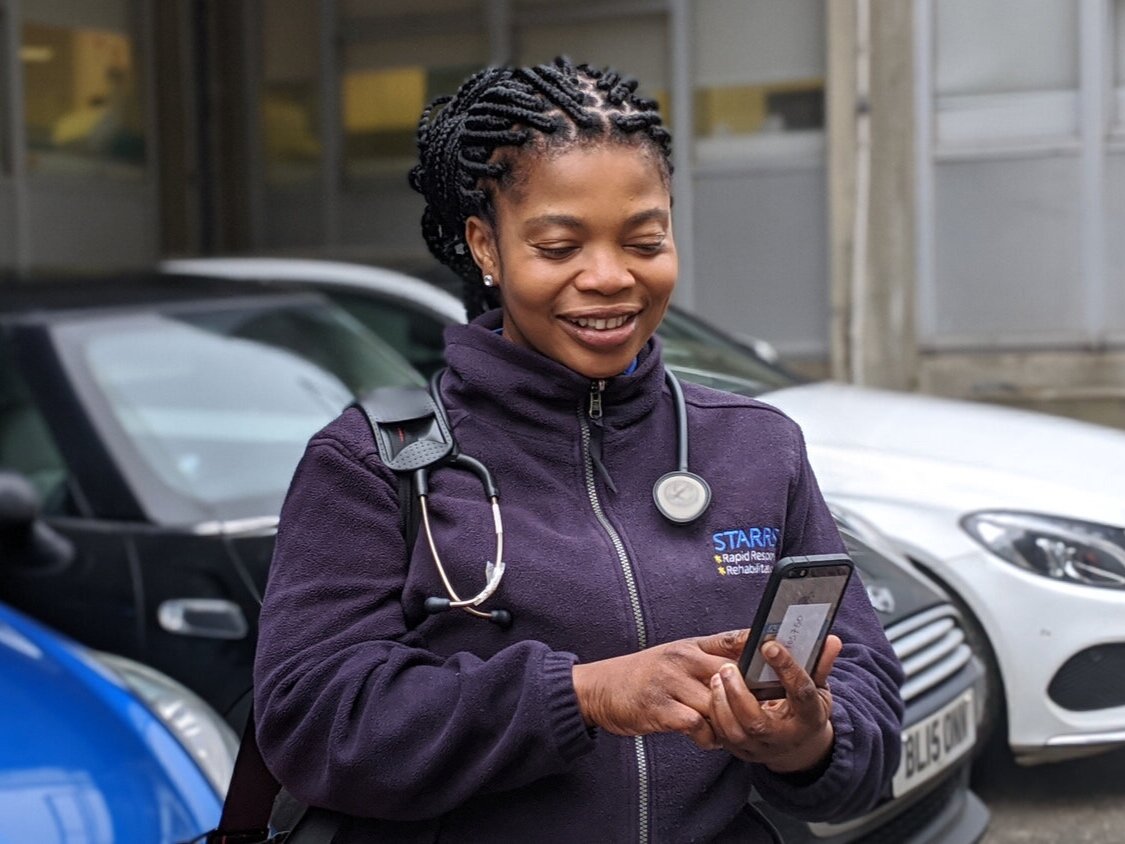What are Integrated Care Systems (ICSs)?
NHS Integrated Care Systems – also known as ICSs – are a 2019 NHS initiative that bring together the work of primary, secondary, and community health and care stakeholders, representing an evolution from Sustainability and Transformation Partnerships (STPs) towards even closer collaboration.
It is proposed that the establishment of ICSs will be written into legislation likely to take effect from 2022, aiming to remove legislative barriers to integration across health and social care.
Removing silos
Integrated Care Systems are based on the NHS Change Model for sustainable transformational change. The initiative aims to remove historic silos and divisions between hospitals and GPs, physical and mental health services, and the NHS and councils.
In the past, a lack of integration and working together between providers negatively affected patients’ experiences. In some areas, the Care Quality Commission (CQC) even found that it was harder for patients to access the right services in areas where these services failed to work well together. Ultimately, a lack of integrated care can lead to deteriorating health, avoidable hospital admissions, and extra pressure on hospital and mental health services.
An integrated future NHS
The theory of NHS ICSs is that integrating organisations provide more joined-up care for patients. In an NHS Integrated Care System, NHS organisations, local councils, and other partners take collective responsibility for managing resources, meeting NHS standards, and improving the health of the local population. Staff from teams including social care, health care, and mental health, come together to support patients.
How do Integrated Care Systems work?
The NHS Integrated Care Systems model relies on meaningful integration of organisational systems and staff. However, many of the involved organisations have been working in silos for many years, with very little communication, even when the same patient was receiving care from multiple services. Moving successfully towards integrated care requires a significant shift in both mindset and operations.
Local partnerships
An important part of the NHS’s vision for Integrated Care Systems is that decisions about how services are managed are made by people who use them.
Most patients’ health and care needs will be met in their local area; the idea is that arrangements can be adapted to reflect local needs. Partnerships in these places is therefore an important element of creating truly integrated care.
Strategic commissioning
Integrated Care Systems will focus more on population-level outcomes than the STPs that preceded them. Care providers within ICSs will agree future NHS service models for their geography and structure provision through ICS governance channels.
The role of Integrated Care Systems will involve assessing the needs of local people and using data to model and predict changes over time so they can respond adequately. The analysis should be used to understand the need for resources and to commission and allocate them appropriately to improve outcomes.
Some specialised services may still be commissioned at whole-system level, and existing Commissioning Support Units(CSUs) will provide support to ICSs, for example providing economies of scale in back-office functions.
Digital and data
NHS England has made it clear that “digital and data technology “ will be at the heart of effective Integrated Care Systems, supporting partners to work together, and improve efficiency and outcomes.
However, digital maturity is patchy across health and care, and there are often gaps in capability and resource between providers. Health and care staff often don’t have access to the information they need to make integrated care a reality.
This is where Infinity Health could really help - our digital task management platform allows staff from within and across organisations to share patient information with one another in real-time. With Infinity, staff working in Integrated Care Systems can allocate tasks, share and collaborate on caseloads, and communicate without the need for outdated and unsafe tools like paper or WhatsApp.
The tool is compliant with national standards for data security, integration, and interoperability, and sits alongside EHRs and PAS systems.
“Everything is more efficient with Infinity. I can manage the task list digitally, whilst I’m with a patient, ticking off each item and making sure I don’t miss anything. Whilst I’m out on visits, the team in the office can update the task list, and when I log back in, I can see what I need to do next. It has cut down the number of phone calls a lot - I don’t need to call the office to get my next job any more.”
— Karan Dachtler
Senior Nurse
London Northwest University Healthcare NHS Trust
Integrated Care Systems are the foundation for a future NHS that can deliver truly integrated care by connecting and organising care providers around local needs.
Digital technology must be baked-in from the start to connect staff and improve ways of working. Of course, all organisations in an Integrated Care System must also invest in digital infrastructure and staff training to ensure the benefits of these tools are felt by all staff and patients.
Infinity Health is ready to support organisations with their digital ambitions for Integrated Care Systems with our digital task management and collaboration tool. It is easy to use, requires minimal training, receives excellent staff feedback. Please get in touch to discuss your needs.
You can read more about how Integrated Care Systems will work in practice in the “Next steps to building strong and effective integrated care systems across England” document, published by NHS England: https://www.england.nhs.uk/wp-content/uploads/2021/01/integrating-care-next-steps-to-building-strong-and-effective-integrated-care-systems.pdf













